To be an award-winning commentator, the late Alexander Cockburn held, you really need to have a bit of a thing for ‘self-validating rituals whereby journalists give each other prizes and then boast to the public about them’. This well-founded observation, coupled with a chronic inability to remember the correct closing dates for submissions, has long consigned me to being one of the few non-award-winning pundits I know.
So, why did I receive a slew of congratulatory email, texts and handshakes the other week after being honoured in just such a keenly watched international contest – and one that I never even entered in the first place?
Possibly, I suppose, because the supreme judge happened to be Russian President Vladimir Putin.
Thirty-two New Zealanders were named as local winners in what for lack of a better title might be called the Russophobic Awards. Earlier blacklists – there were two others last year – were mainly given over to parliamentarians and defence establishment figures.
This time, however, most of the accolades seemed to go to major media industry players in New Zealand, including NZME chief executive Michael Boggs and his editor-in-charge, Shayne Currie, Stuff owner Sinead Boucher, and TVNZ chief executive Simon Power. Also included was Clarke Gayford, who joins his long-term partner, former prime minister Jacinda Ardern, on the list. And me.
Talk about Putin the boot in. According to the Russian Foreign Ministry’s citation, all of us are now ‘indefinitely’ banned from entering the Russian Federation. We have been named and shamed in recognition of our notable work in promoting an ‘anti-Russian agenda’.
For a moment, news of the accolade had me stumped. What on earth was I supposed to have done? Was it all perhaps a dreadful mistake, as already had been the case in Australia, where various sanctioned secretaries had been misidentified as government ‘ministers’, or the United States, where dead senators John McCain and Orrin Hatch were added to the no-fly list?
As some of the initial news reports sarcastically noted, my most notable recent activity has been the production of a new cookbook. True, it doesn’t contain any goulash recipes, which may have been triggering for some Eastern European readers. Mind you, it does feature a tasty stroganoff number, which can be done either with mustardy beef or chicken and would be ideal for making after a hectic night at the Kremlin when you’re looking for a no-fuss dinner option.
But what had I ever specifically on this occasion to produce such offence? Where was my trail of media work disseminating ‘systematic public anti-Russian rhetoric’?
I basically never offer an opinion about countries I’ve never visited, and those who do usually give me a severe cramping sensation in my feet, which have never been placed on Russian soil. The closest I’ve ever got is in my genes. My paternal forebears were Lithuanian-born Russian subjects who lit out for the United Kingdom and a better economic life in the late-1800s. Nevertheless, I guess some genetic traces remain. I share the Russian obsession with chess. I feel utterly at home with some of their best writers, especially the fabulous exiles like Aleksandr Solzhenitsyn, whom Putin also rightly hailed as the great literary genius and dissident who ‘stood up against any manifestations of Russophobia’.
Nor do I doubt that Russophobia remains as real an issue today as it was when the term was coined. It was in 1836, after England and Russia fell out rather badly, that the Westminster Review first used it while reporting on an expansion of the British navy at the behest of ministers smitten with the ‘epidemic disease of Russophobia’.
The prejudice still hangs in the cultural air. In Hollywood movies, like American presidential politics, Russian characters are forever getting cast as the bad guys. And the only pop performer I have ever felt like hurling a shoe at was Sting, not only for being Sting but for having the impudence to warble ‘I hope the Russians love their children too’ when any reasonable person would have surely assumed they already do.
On the other hand, Moscow didn’t exactly help the public relations cause by invading Ukraine a year ago last week. Even here, though, given that I couldn’t find Donbas on a line map, I’ve pretty much kept my own counsel. Then I remembered. Shortly after the second of the blacklists was published in New Zealand last July, I publicly ventured the opinion that a significant opportunity had been missed by the Russian convenors for not having given themselves some kind of a special award for shooting themselves in the foot.
Or at least, in this latest case, for having fallen prey to the Barbara Streisand effect, the name for the psychological reactance wherein once people are aware that some individual has been sanctioned they become far more motivated to seek out that person’s offending work.
One sees this in the response of other delighted regional winners, such as the Australian mining magnate Andrew Forrest, who after receiving the same award told a business gathering, ‘I just want to say to the other leaders in this room: you’re not worth talking to if you haven’t been sanctioned.’
The same would appear to apply to me. Only a few weeks ago, after all, I was an obscure nobody writing about the odd musical subject or else how eating blueberries (or stroganoff) can make you live forever. Now, at the stroke of a Kremlin pen, the full diplomatic history of Russia’s war against Ukraine cannot be written without reference to me.
If only Putin had heeded his own cultural advice on such matters. In a widely reported speech he gave shortly before the Ukraine fiasco, he passionately inveighed against Western-style cancel culture, which ‘mows down everything that is alive and creative, does not allow free thought to develop in any of the areas, neither in economics, nor in politics, nor in culture’. It makes you wonder who’s advising him from places such as Australia and New Zealand. Whoever it is, they surely deserve the biggest prize of all: an all-expenses-paid one-way trip somewhere far away from the region they appear to know so little about.
Got something to add? Join the discussion and comment below.
Get 10 issues for just $10
Subscribe to The Spectator Australia today for the next 10 magazine issues, plus full online access, for just $10.
You might disagree with half of it, but you’ll enjoy reading all of it. Try your first month for free, then just $2 a week for the remainder of your first year.


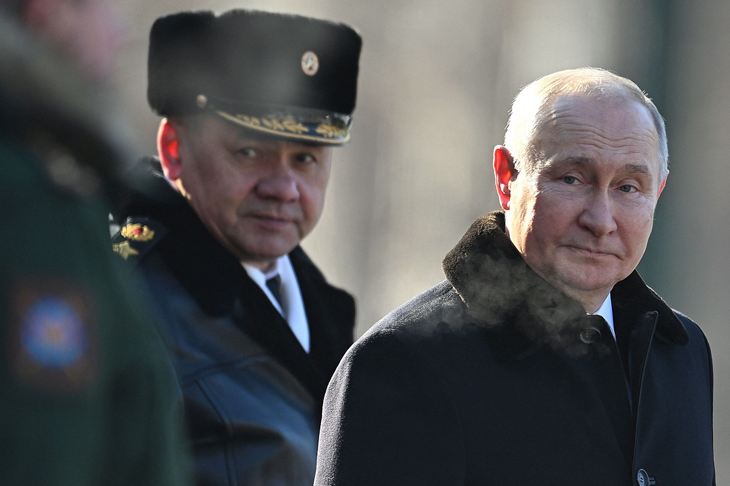

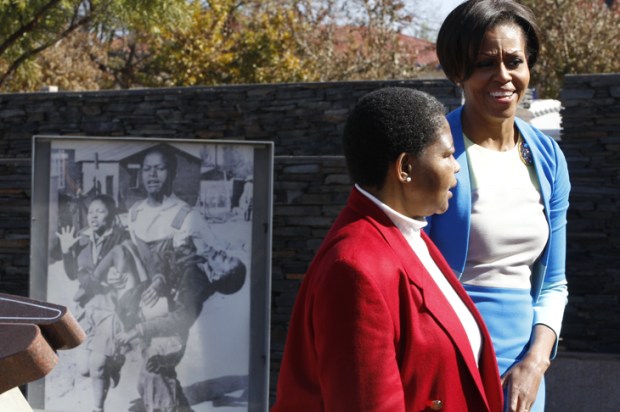
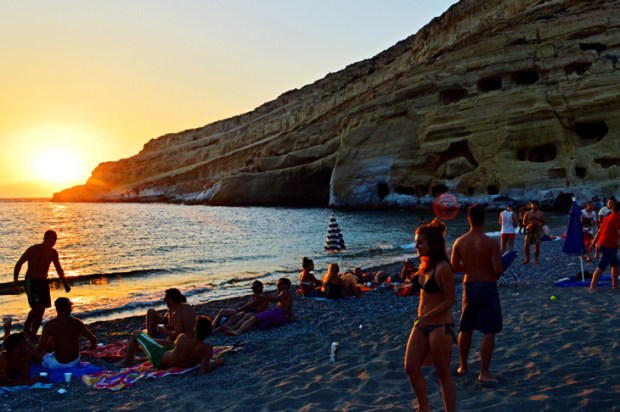
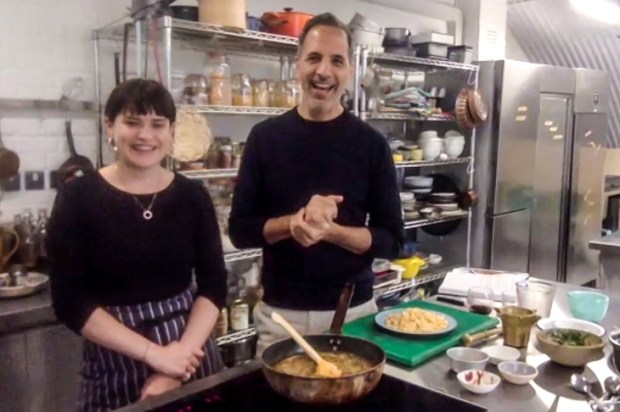
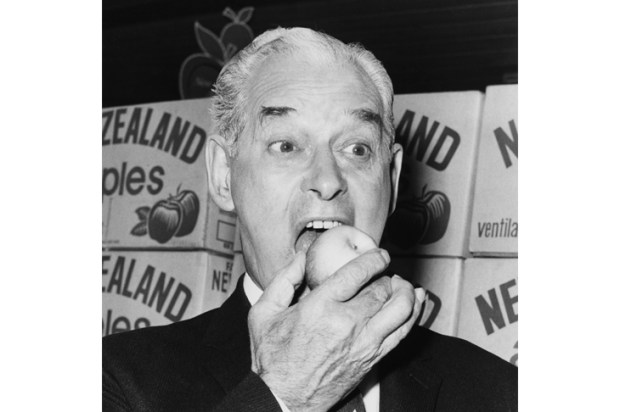
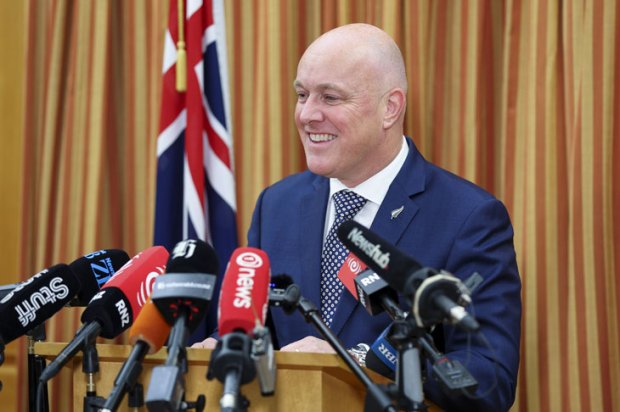






Comments
Don't miss out
Join the conversation with other Spectator Australia readers. Subscribe to leave a comment.
SUBSCRIBEAlready a subscriber? Log in